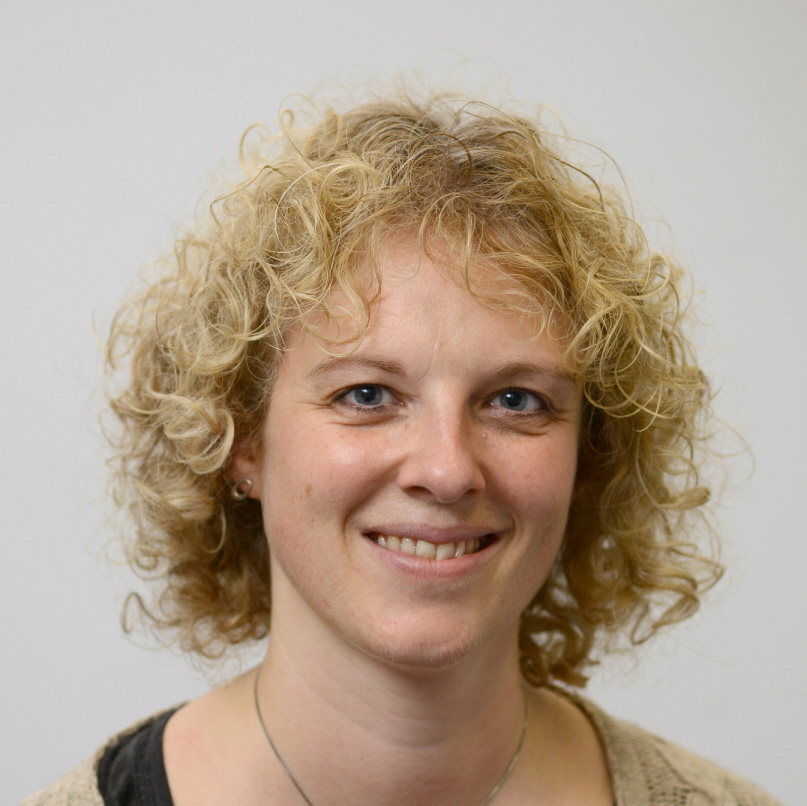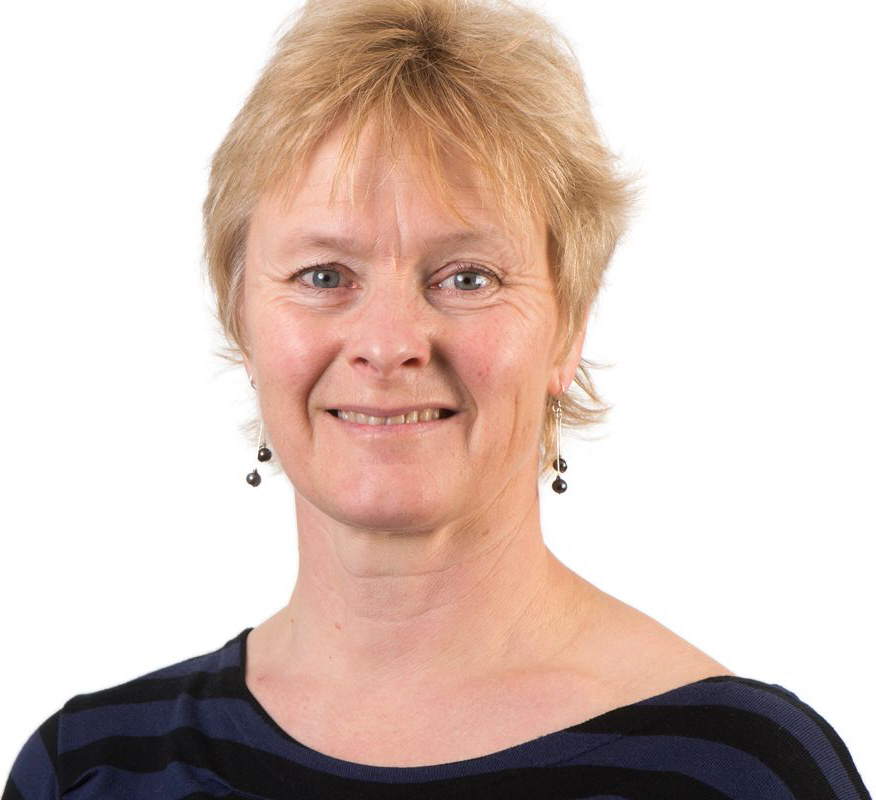Bristol researchers collaborated with health and social care practitioners to review a toolkit for identifying and assessing frail older people in primary care. South Gloucestershire Clinical Commissioning Group (CCG) was interested in trying the toolkit, but wanted to understand more about how to implement it and any evidence behind it; so a study was commissioned via the EBI Research for Health Challenge scheme, which matches the most promising research proposals to challenges submitted by healthcare practitioners.
The standard evaluation method, Comprehensive Geriatric Assessment (CGA), measures the medical, psychological, social and functional capability of frail older people in order to plan their treatment and long-term care. There is evidence that CGA significantly improves patients’ chances of surviving in their own homes up to a year after emergency hospital admission. A full CGA, usually done in hospital, requires up to two hours to complete and involves a multidisciplinary team; the new toolkit, developed by clinicians in Devon and Cornwall, includes a shortened version of the CGA.
Two South Gloucestershire GPs, Dr Phillip Simons (CCG Clinical Evidence Fellow) and Dr Ann Sephton (CCG Lead for Urgent Care), invited Bristol researchers to review the viability of the toolkit as an effective intervention for GPs in primary care. They estimated that over 3,000 people in South Gloucestershire could benefit from early assessment and care.
‘Interventions such as CGA to support patients with frailty, particularly in secondary care, have been shown to improve health status and independent living,’ said Dr Simons. ‘We wanted to see if CGA in primary care could be more effective in reducing hospital admissions and improving outcomes.’
The study was led by Dr Helen Baxter, Senior Research Associate at the School of Social and Community Based Medicine. Dr Baxter is also Researcher in Residence at Bristol, South Gloucestershire and North Somerset CCGs and Co-ordinator of the Avoidable Admissions Health Integration Team (ITHAcA) at the School of Social and Community Based Medicine.
The research team included colleagues at the School of Social and Community Based Medicine (Dr Alyson Huntley, Dr Ben Davies and Mr James Rooney, a senior NHS project manager seconded to the University of Bristol), advised by a steering group of academics and practitioners in health and social care and supported by the ITHAcA Health Integration Team.
The research team began by conducting a systematic review of all the research evidence on assessing frailty using a CGA toolkit in primary and community care, and any association with reduced hospital admissions or length of stay. This showed that older people identified as frail in primary care are more likely to be admitted to hospital. It also revealed a broad range of frailty assessment methods, and offered insight into the practicalities of implementing such tools in primary care.
They then interviewed 16 GPs from Bristol and South Gloucestershire about their views, experience and knowledge of frailty, the challenges of using a CGA toolkit, and the training and support a primary care team might need. The interviews supported early identification and treatment of frailty, but they were concerned about the impact of the toolkit on workload and resources, and they stressed the importance of training and information-sharing.
South Gloucestershire CCG launched the toolkit in June 2016 before the study was complete. A discussion working group arising from the study will help inform future implementation, and allow Bristol CCG to take an evidence-based approach in deciding whether it, too, will implement the toolkit.
Dr Simons and Dr Sephton commented: ‘After examination of the initial question it became clear that the question needed more background information. This dictated the direction of the research into a rapid systematic review and a qualitative study exploring the views and opinions of GPs on potentially introducing the brief Comprehensive Geriatric Assessment in primary care. This research lays the foundation to evaluate the brief CGA process within primary care, and might inform the ‘fresh’ implementation of primary care based CGAs.’


